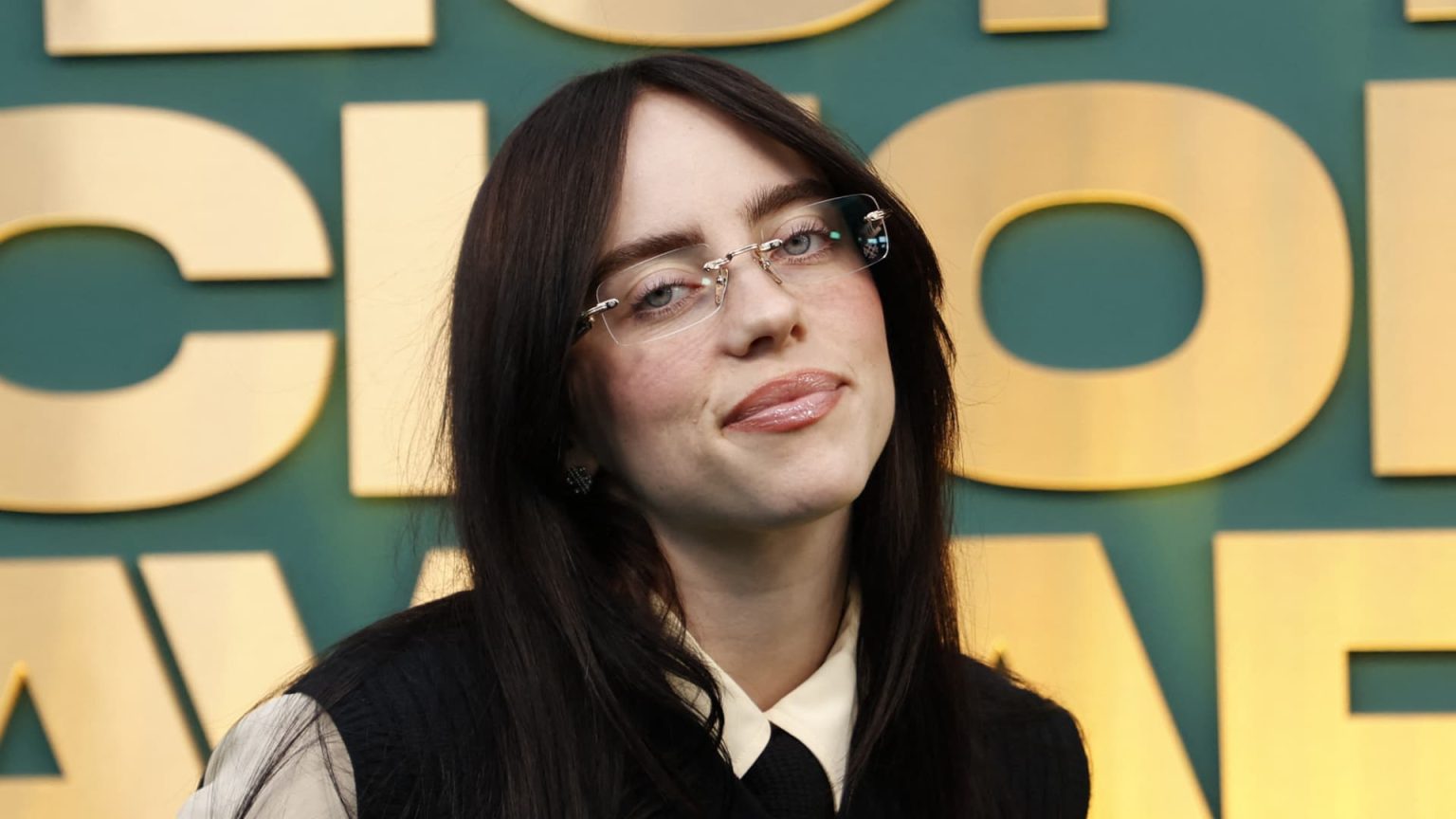Over 200 music artists, including well-known names like Nicki Minaj, Katy Perry, Billie Eilish, Stevie Wonder, J Balvin, and Jon Bon Jovi, signed an open letter cautioning against the “predatory use of AI” within the music industry. The letter acknowledges AI’s potential to advance human creativity, but also raises concerns that powerful companies could use artists’ original work to train artificial intelligence models, potentially leading to the replacement of human musicians altogether. The artists are calling on tech companies, AI developers, and digital music services to pledge that they won’t develop or use AI technology that undermines songwriters and artists or prevents them from earning fair compensation for their art.
Michael Huppe, president and CEO of SoundExchange and a music law professor at Georgetown University, notes that while the open letter makes a strong statement, it may be challenging to get companies to comply with the artists’ demands. Companies may be tempted to use AI technology without proper authorization or licenses, risking damage to the music ecosystem. In a blog post, OpenAI revealed a new AI tool capable of voice cloning, generating realistic clones from 15-second audio clips. The company acknowledged the risks associated with voice cloning and emphasized the need for verification processes to prevent the misuse of voices, particularly those of prominent figures.
While U.S. federal copyright laws offer artists and music labels protection against blatant rip-offs of their work, applying those laws to AI-generated content that imitates an artist’s voice or sound without directly copying their lyrics or music can be challenging. Huppe suggests that current laws may need to be updated to address the rapid advancements in AI technology and prevent unauthorized use of artists’ voices or likenesses for commercial gains. Tennessee recently passed the Ensuring Likeness Voice and Image Security (ELVIS) Act, becoming the first state to protect musicians from AI voice cloning technology, expanding existing laws to encompass voice protection.
Despite concerns about the potential misuse of AI technology in the music industry, there is also acknowledgment of AI’s positive contributions and potential for collaboration. Huppe suggests that responsible use of AI tech could involve obtaining artists’ consent to use their voices in AI-generated music, ensuring fair compensation, and providing proper credit. Collaboration between artists and AI could lead to innovative new opportunities within the music industry, as long as creators are properly acknowledged and compensated for their contributions. As technology continues to evolve, there is the potential for a sustainable and beneficial partnership between artists and AI.


